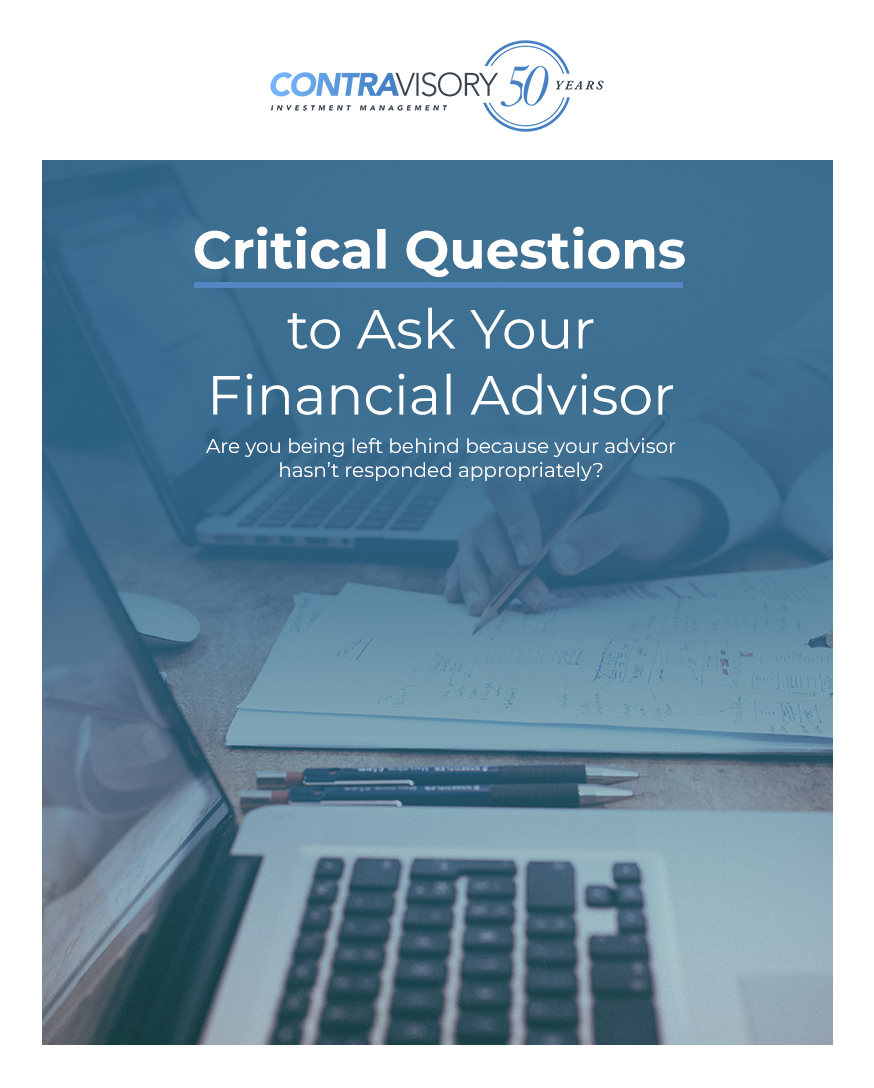
Recently, I was in a local restaurant having dinner when my cell phone rang. As I reached for the phone, I saw a client’s name. It was the first day of stock trading following the election. The market had opened down horribly but closed up 250 points for the day. Virtually everyone in the media had been saying Hillary Clinton was the certain winner. Of course, Donald Trump was the winner. The belief had been that if Trump were to win, the stock market would go down … BIG. But it had closed up! As I answered the phone my client blurted out “What just happened?” I started to say something but quickly realized it couldn’t be explained simply. “Let me send you the explanation, “I said.
I knew my client was referring to the surprising election result and the even more incredulous stock market reaction. From my perspective it was all part of an economic discourse known as “THE LONG WAVE.” The theory was developed by Nickolai Kondraiev, an early 20th century economist. He was born in Russia in 1892 and was an observer of the Russian revolution … an event that would cost him his life. He was killed by a firing squad in 1936. The reason? The Communists believed capitalism would perish. Kondraiev ‘s theory disputed that premise. The idea was further developed by the famous Austrian economist Joseph Schumpeter. Schumpeter was a noted Harvard professor and contemporary of Kondraiev. He is best known for his phrase in describing capitalism as “a process of creative destruction.” It is a phrase as true today with companies such as Netflix, Amazon, Tesla and Uber disrupting older businesses. As you might expect, Schumpeter was a great admirer of Kondraiev.
The Long Wave is the super cycle of capitalism. It’s thought of as a long-term wave of 45-60 years. It is created by new innovation. The cotton gin, steel mill, automobile, computer etc. would be prime examples of innovation that led to the beginning of an upswing in the long wave. The wave creates a strong economic cycle. It has social impact as well. The wave powers a political process known as the progressive movement. When the economy is strong, people feel generous. Liberal. It was such a time in the 1950s/1960s. Social programs such as welfare and civil rights got broad support.
The inverse happens as the Long Wave turns down. People become more conservative … even angry about their situation. Wars often develop. In the wave’s downturn, the normal economic cycle becomes muted in its upturn and more severe in a downturn. An example: the last recession is now referred to as the “Great Recession.” Its ensuing recovery has been more subdued than any since 1939. It is important to realize that this social/political shift, from left to right, is currently happening globally.
We have been in the trough of a downturn for the past nine years. The next upswing of the Long Wave is ahead of us. Professor John Sterman, of Sloan School M.I.T., wrote in the paper I sent my client “… the next progressive era should peak during the decade 2010-2020.” Sterman wrote that in 1992 … and it is the answer to my client’s question, “What just happened?”
-Francis Patrick Boland
Request Your Free Guide
Ensure your advisor is responding properly to changing market conditions.



